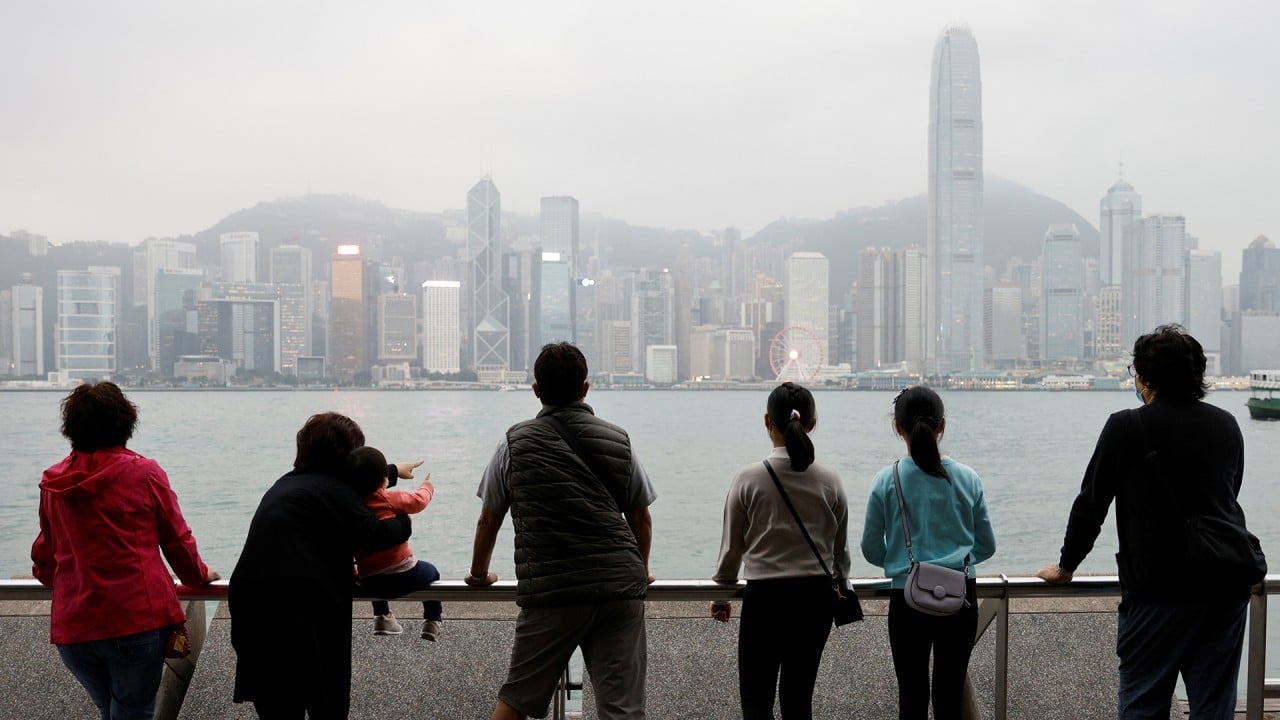
Beijing is making it clear that freedom lovers like me are no longer welcome in Hong Kong
- As Beijing erodes the city’s rights and freedoms in the name of national security, it is freedom lovers who are feeling alienated and ignored by a government they help fund through their taxes. Many are leaving, and more will follow
I was listening to a song that had the lyrics, “I put my headphones on and turned the real world off” and got wondering: what if I was 25 again, as I was in 1988 when I came to Hong Kong from Australia. Would I do now what I did then?
As someone who considers freedom important and is experiencing first-hand a wilful erosion by authorities of all that freedom lovers hold dear, the answer is no. But such a decision by an outsider is of no importance to officials either here or in Beijing as it’s evident my sort is not who they want living or working in this city.
Just how many are taking up the offers isn’t clear. Hong Kong has always been a city of migration, as would be expected of a place with 180 years of international connections. An average of about 7,300 people a year went to live permanently in other countries during the 2010s, a decline from a figure of about 10,000 during the previous decade.

06:15
BN(O) passport holders flee Hong Kong for new life in the UK, fearing Beijing’s tightening control
The numbers that have been announced are an indication, though; Taiwan said recently that last year, 10,813 Hong Kong passport-holders were granted permission to work and study, 84.6 per cent more than in 2019, and 1,576 of them – a 14-fold increase from 2019 – were granted permanent residency.
Between 1985 and 1996, Security Bureau statistics show that an estimated 530,000 emigrated, in contrast to the average of 20,000 annually in the early 1980s. Growing optimism, though, led to a reversal of the trend from 1995, with more arrivals than leavers.

04:03
‘Nothing is scarier than staying’: Hong Kong family uproots as fear looms over city’s future
The colonial government was barely open to the idea of free elections. But it allowed criticism, protests, freedom of expression and a vibrant media. Hong Kong in 1988 was a combination of uncertainty coupled with optimism and possibilities, an intoxicating mix for a young journalist with the approaching unprecedented handing over of a capitalist city to a communist power.
The positivity remained after that date and many Hongkongers returned with their foreign passports and resumed where they left off. But many hundreds of thousands found what they considered a better life in Australia, Britain, Canada, the United States and elsewhere, and never looked back.
As a new trickle of migration again looks like it’s becoming a flood, I have a feeling those non-returnees were the ones who made the right decision. As for turning back the clock to when I was 25 with itchy feet, looking for a new challenge in life – I would give Hong Kong the widest of berths. My sort are now just not welcome.
Peter Kammerer is a senior writer at the Post











